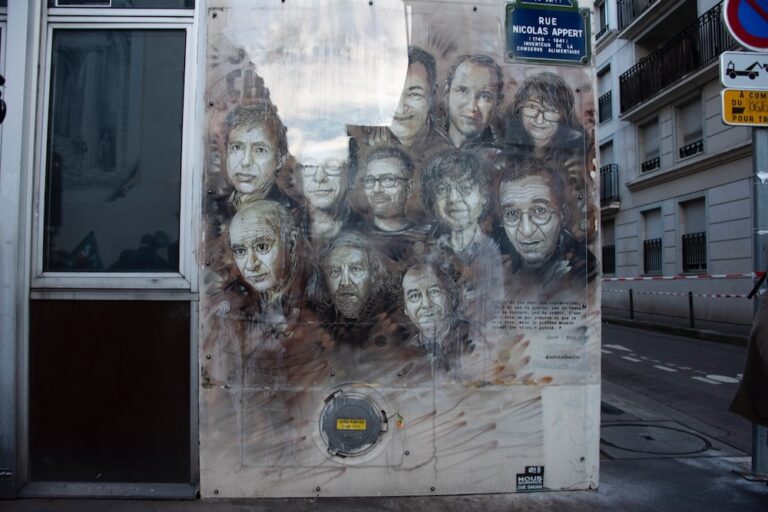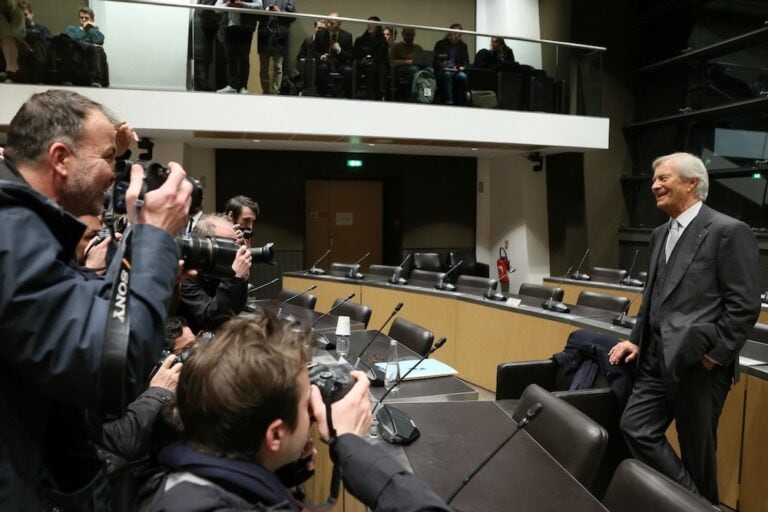RSF is concerned by a proposal by President Nicolas Sarkozy that would punish “any person who habitually consults websites that advocate terrorism or call for hatred and violence”.
(RSF/IFEX) – 23 March 2012 – Reporters Without Borders is worried by President Nicolas Sarkozy’s proposal yesterday that “any person who habitually consults websites that advocate terrorism or call for hatred and violence” should be criminally punished.
“We do not in any way defend violent or terrorist websites, but we think that the president’s statement was made in the heat of the moment and went after the wrong target by focusing on the Internet,” Reporters Without Borders said.
“The proposed solution is disproportionate and could lead to a generalized Internet surveillance that threatens individual freedoms by enlisting Internet service providers in an attempt to identify those who consult such websites.
“The president’s proposal could give rise to abuses that curtail freedom of access to online information. Protecting national security is obviously essential but the methods proposed are not the right ones and pose a serious threat to fundamental rights.”
Such measures could also have serious consequences for investigative journalism and studies of terrorism. How can one investigate the growing use by terrorist groups of the Internet and social networks without monitoring what they post online? How can one develop any expertise if “habitually” consulting certain websites results in a criminal prosecution?
At what point does visiting a violent website endanger public order? When should it be regarded as a criminal act? One can consult a website regularly without supporting the cause it defends. Who will compile the list of “terrorist” sites or sites to be watched? Will it be made public? Who will carry out this surveillance? And what control mechanisms will be used to prevent any possibility of abuses?
The president’s proposal, which affects the entire country, raises many questions. We request urgent clarification.


